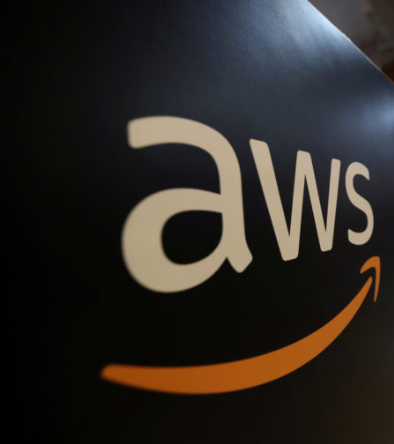In a strategic move set to reshape the cloud computing landscape in Nigeria, Amazon Web Services (AWS) has announced it will now accept payments in Naira. This decision not only marks a significant moment for AWS but also stirs the waters for local cloud service providers who have been carving out a niche with their currency-friendly pricing strategies.
AWS, renowned globally for its cloud services, powers numerous Nigerian startups and banks. The introduction of Naira payments is particularly timely as it coincides with a period where the Naira’s value has been fluctuating significantly, thereby increasing the cost of US dollar-denominated services. By accepting payments in local currency, AWS aims to alleviate the foreign exchange costs and payment frictions that Nigerian businesses face, which is a critical relief given the macroeconomic pressures and currency devaluation since 2023.
This move by AWS is poised to impact the competitive dynamics within Nigeria’s cloud service market. Local providers like Nobus, Layer3, and Okra with its Nebula platform have been gaining traction by offering services priced in Naira, providing a direct counter to the foreign currency pricing of giants like AWS and Microsoft’s Azure. These local companies have not only focused on cost but have also positioned themselves as partners in Nigeria’s economic resilience, engaging with government bodies to promote local technology solutions.
The AWS decision to accept Naira payments follows the establishment of AWS Local Zones in Lagos in January 2023, aimed at reducing latency and boosting performance for local businesses. This infrastructure, combined with the new payment option, could strengthen AWS’s market position in Nigeria. However, the challenge from local providers remains formidable. They have not only been competitive on price but have also been seen as more aligned with the local economic context, understanding and catering to the unique challenges Nigerian businesses face.
As AWS adapts to local payment preferences, the competition intensifies. It’s not solely about offering the lowest price anymore; it’s about providing solutions that resonate with local business needs, understanding regulatory environments, and supporting economic stability. This development might just be the beginning of a new chapter in cloud computing in Nigeria, where local relevance could define future market leaders.

